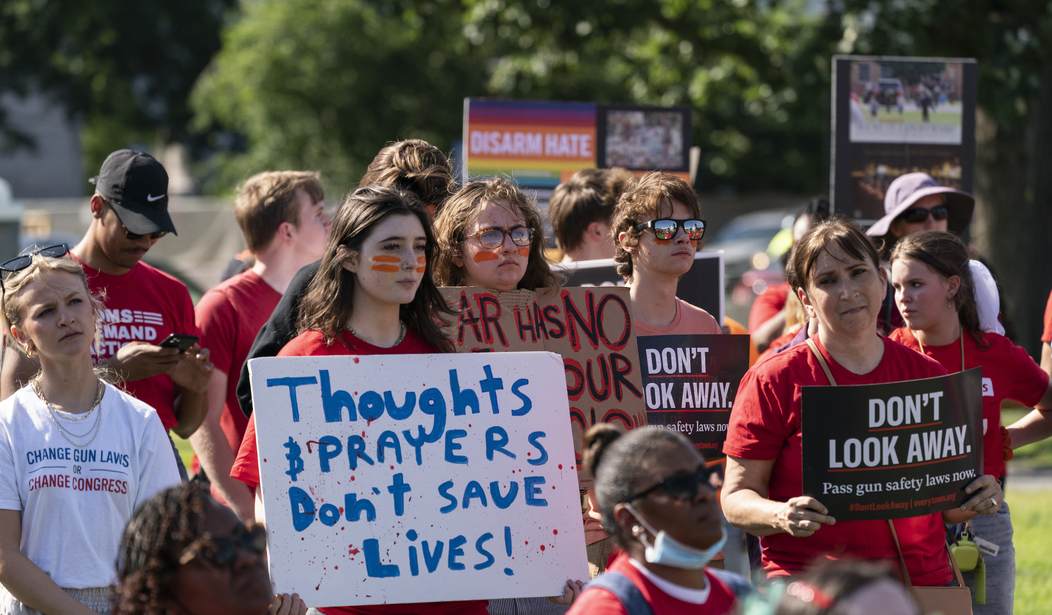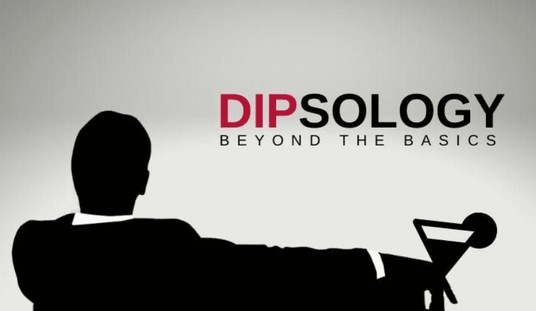Generation Z, we got played like a fiddle this midterm by the Democrats.
We were told that $10,000 to $20,000 of our student loan debt would be forgiven without being told that it would likely be held up in court due to the legal shakiness of trying to make debt disappear by executive order. Well, now that it’s being held up and the Biden administration is trying to fight it, Democrats still got exactly what they wanted: Wider support of young voters.
Democrats already hold a tight grip on young people, but this was a carrot on the stick. They sold college students and young professionals a bill of goods that many knew they would not be able to actually fulfill. Conveniently, Democrats were able to successfully hold onto this promise until the midterms rolled out, and Generation Z expressed their naive thanks at the ballot box earlier this month. In fact, there are countless headlines indicating that those in their teens and twenties arguably stopped the full-blown red wave, which was widely anticipated to put Republicans in heavy control of the House and Senate, as well as many statewide and local government positions.
In the House races, 63 percent of voters aged 18 to 29 backed Democrats, according to a CNN exit poll. High Democratic turnout can probably be attributed to both the aforementioned student loan forgiveness attempt and abortion being turned back to the states, but this should serve as a point of reflection for Republicans.
It’s a tale as old as time that young people are more liberal and therefore break more heavily for Democrats. That’s not new information. And oftentimes, the framework of Republicans when it comes to youth outreach focuses on conversion as opposed to energizing the young people who already have conservative values. Yes, conservative Generation Zers exist.
However, they do not care deeply enough about politics to feel compelled to vote when they’re in college and getting their adult life started up. The average young conservative is a lot different than the young liberal in the sense that they’re likely not placing their hope in politics, and they probably don’t see political actions as a personal attack on themselves. They’re less motivated to get involved because they’re so preoccupied with their own lives that what happens within the government is an afterthought.
There are a lot of young people who still hold their parents’ conservative beliefs, and this sentiment translates over to those who hold Christian conservative principles specifically. While there are not as many young people that go to church compared to older generations, they still are around but nobody has tapped into them in terms of being a voting block. Nobody has encouraged them to vote for their values.
Keep in mind, these are not people who want to be rallied, riled up, or deal with political flashiness. Many conservative young people are just freaking out about how they’ll be able to afford a home and support a family one day. Republicans do not need to compromise their values to appeal to the broader Generation Z base, because it’s not going to work and, quite frankly, it’s a waste of resources. Instead, they need to tap into the young people who agree with the Republican platform, but essentially feel disaffected by the political process. These are not people who need to be “converted” to conservatism — they need to be informed about how their own beliefs can make an impact on a greater scale.
While the broader scope of Generation Z is pretty much a lost cause, there is some wiggle room for Republicans to boost the future turnout of the ones who are already unknowingly with them.














